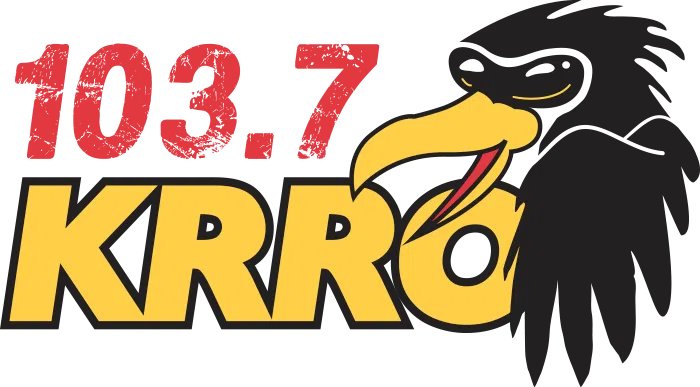By Alasdair Pal and Jill Gralow
SYDNEY (Reuters) – The Australian head of the world’s largest volunteer firefighting force said on Tuesday a refusal by social media firms to give emergency services free access to its data was hindering responders globally, as wildfires continued to rip through Los Angeles.
Rob Rogers, Commissioner of the New South Wales Rural Fire Service (RFS), said companies including Elon Musk’s X and Meta, which owns Facebook and Instagram, could save lives by giving first responders back-end access to data.
The RFS runs a network of some 74,000 volunteer firefighters and full-time staff protecting one of the world’s most fire-prone regions.
Australia suffered a catastrophic series of wildfires in 2019-2020 known as “Black Summer”, which destroyed an area the size of Turkey and killed 33 people, the majority in New South Wales.
In response, the RFS commissioned Athena, a software program named after the Greek goddess of wisdom and protector of cities, that uses artificial intelligence to predict where fires might spread.
The program could be made more powerful by better integrating it with posts from social media users on wildfires as they started and spread, Rogers said.
X and Meta, however, have both been unwilling to provide back-end data to emergency services at no cost, he said.
“We’ve got a lot better tools than we had even in 2019 (and) 2020… but certainly that integration of social media, it remains a challenge for us,” he told Reuters in an interview.
“They’re unwilling to give us the data.
Meta and X did not immediately respond to requests for comment.
Social media platforms do provide companies and organisations access to their application programming interfaces (APIs), a system that allows different software applications to exchange data seamlessly, but the fees involved were “well beyond our capacity to do that”, Rogers said.
“That’s something that’s probably bigger than just us. I think that’s an emergency service issue worldwide,” he said, without providing details about the cost of API access.
Extremely dry conditions and winds of close to 100 miles per hour (160 kph) had made it almost impossible to contain the fires in Los Angeles, Rogers said.
“It’s very much like we had with 2019 and 2020 on really bad days, the fire is going to do what the fire is going to do,” he said.
“All you can do is try and protect things ahead of that fire, but it’s going to burn where it’s going to burn, and for us to think we have an ability to stop that, we’re just fooling ourselves.”
(Reporting by Alasdair Pal and Jill Gralow in Sydney; Editing by Lincoln Feast.)












Comments